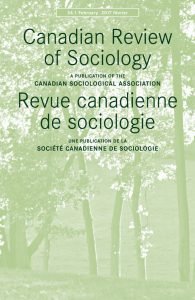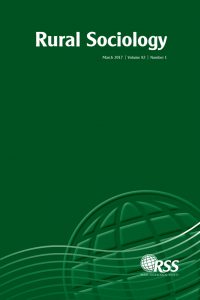The economic and distributional impacts of affordable housing
A new report on limited-profit housing associations in Austria quantifies the economic impacts of affordable housing in terms of household budgets, economic output, and state expenditure. This article summarises the key findings from this report and draws conclusions on the links between housing and economic inequality. Profit-limitation and affordability – almost 2k Euros savings to households Limited-Profit Housing Associations (LPHA) in Austria occupy a distinctive Third Sector role in Austria’s housing market, being neither profit-driven nor state-dependent. LPHA provide homes...




















1475-6781/asset/JSS.gif?v=1&s=377bb8e0c3d0fcf201f301ded7cf610142072c3e)